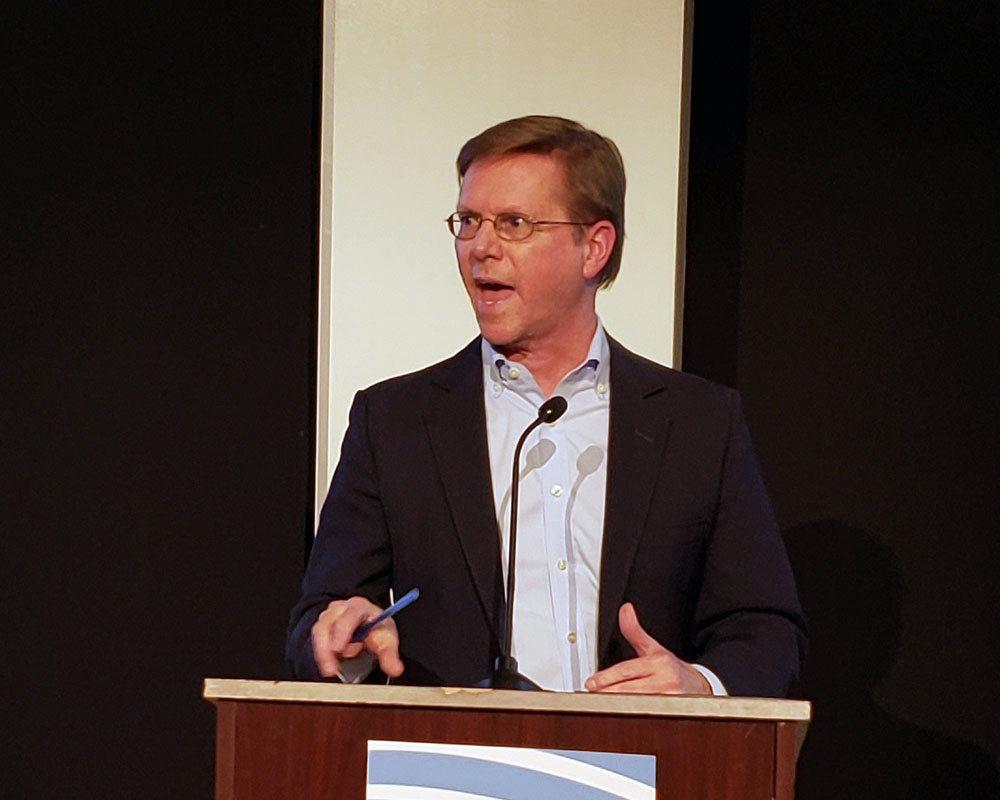Pressure on Haverhill to elect the City Council and School Committee by neighborhood is being ratcheted up with a hint the city could face a court challenge to its current election system.
Boston-based Lawyers for Civil Rights, working with Haverhill’s Latino Coalition, sent what it calls a “demand” letter to the city Monday that stopped just short of threatening outright legal action. It acknowledged the city had voluntarily taken steps to change city government until the pandemic struck, but said “now is the time for the City Council to take concrete steps to address this issue.”
“The City Council and School Committee do not remotely reflect Haverhill’s rich diversity. We need fair representation in Haverhill,” said in a separate statement from Manuel Matias, president of the Latino Coalition. “Changing the current election system would be a good start.”
Lawyers for Civil Rights, which sued Lowell in 2017 and settled after the city agreed to make changes, contends Haverhill’s current system “dilutes” the votes of communities of color. The organization notes communities of color account for nearly 30% of the city’s population, with Latino residents comprising 23%. It adds, “The Haverhill Public Schools are even more diverse than the city as a whole, with approximately 50% students of color (40% Latinx).”
“By contrast, the City Council and School Committee do not remotely reflect this diversity; both bodies are all white and have been so for virtually all of Haverhill’s history. Moreover, voting patterns indicate that, were candidates of color allowed to run in ward- or district- based as opposed to city-wide elections, such candidates would win. This in turn would enhance diversity on Haverhill’s elected bodies and help ensure the accountability and responsiveness to Haverhill’s communities of color that are currently lacking,” according to the letter addressed to Mayor James J. Fiorentini and signed by Iván Espinoza-Madrigal, executive director, and Oren M. Sellstrom, litigation director,
At his 2019 re-election kickoff, Fiorentini said 20% of the city’s population is Latino and called for election of city councilors by ward rather than citywide. Soon thereafter, City Councilor William J. Macek went even further, calling for a Charter Commission that could recommend other changes to the form of government the city adopted in 1967.
At a January 2020 forum, “Exploring the Possibility of Neighborhood Representation,” a consensus appeared to form around a complete overhaul of city government. Moderator Ben Forman, of MassInc, planted the idea of also electing the School Committee by neighborhood. He pointed to research showing school committees in Gateway Cities do not reflect the same diversity as its student populations. City Councilor John A. Michitson went even further, suggesting a mostly ward-based City Council could still be hamstrung by Haverhill’s “strong mayor” form of government.
“If you really want to give those 11 people a real opportunity to make a difference in their city, then we have to look at the power between the mayor and the City Council. We really ought to be taking a good look at that as well,” Michitson said. The forum was sponsored by Greater Haverhill Indivisible and Latino Coalition of Haverhill.

